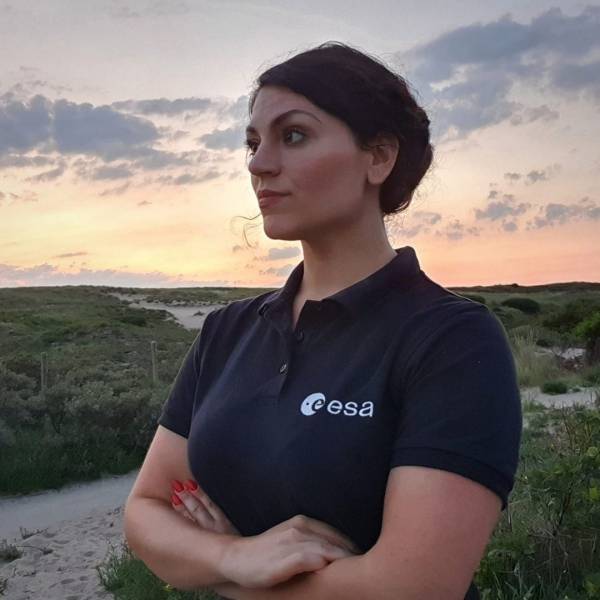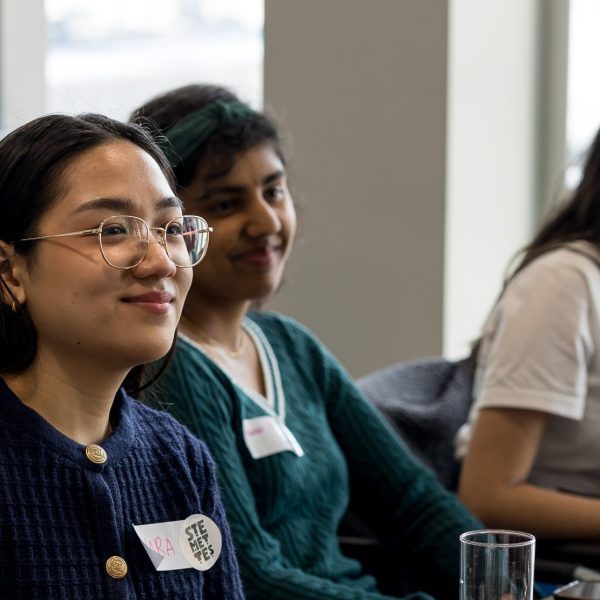You have made the exciting decision to continue with a STEM subject at A-level – I applaud you. Now you need to make the best of your opportunities from the get-go to make yourself stand apart from the crowd. How do you do this? How do you ensure your start is the start that you need? I am hoping the tips below from in and around STEM will help. It has been an absolute pleasure to collaborate with all the voices in my school to compile them for you.
The Student Perspective
Hattie (an exceptional A level Physicist and mathematician):
My top tip for the sixth form is to stay on top of your work. Always do homework on the night it gets set and leave revision/essays for the weekend. That way you never hand in anything late and don’t get stressed about work.
Katya (an out and out future engineer):
I’ve found that keeping a list of all the tasks I need to do is incredibly useful. I try and do as many of these as I can on the day they are set. I also try to make notes as I go along so that when it comes to exams I am prepared and can focus on past papers and apply my understanding. Creating a routine for the evenings helps me do these two things and means I stay motivated and healthy.

The Teacher Perspective
The “Nuts about Processes” Biology teacher:
Miss Smith wants her students to come into A-Level knowing all the GCSE concepts and have an interest in taking that knowledge further. The concepts shouldn’t be a distant memory from May/June and you should be able to expand on them. Her top students read around the subject; making links to the applications of concepts in the real world. She also says if in doubt a quick internet search with the right Boolean operators can point you in the right direction.
The “Exciting evaluative” Chemistry teacher:
Mrs Cohen, who specialises in the calculations side of the course, would love for students to come in and be able to complete basic chemistry skills. Writing formulae, balancing equations and basic mole calculations for solids, solutions and gases are essential foundations for A-level. She believes that competence in these makes the start of the course so much easier for students.
The “Concept cracking” Physics teacher:
Mr Shopland wants to make sure you don’t throw away your GCSE notes! A level study will expect you to have the key ideas from your GCSE topics at your fingertips. Find out what topics your A-level course starts with and make sure you have reviewed your understanding.

The “Logically logarithmic” Maths teacher:
Mrs Mee finds that students do best when they have kept their minds active over the summer. That could involve having a look at the A level syllabus, listening to podcasts about an academic area of interest or reading articles. It is great when students really know that they want to study Maths further and start the year full of enthusiasm for the greater challenge that A-level provides.
The “Crucially creative” Design Technology teacher:
Mr Oliver wants students who are able to take on advice and criticism of processes. His top students are creative, have a sound understanding of IT and can work under pressure while managing their own timelines.
And Finally, Me:
Resilience is the one word that defines those who are exceptional in STEM for me. Always remember falling isn’t failing to get back up. Good luck!
Collated By Dr Kate Bridge, Head of Physics as Haberdashers School for Girls, Elstree.






